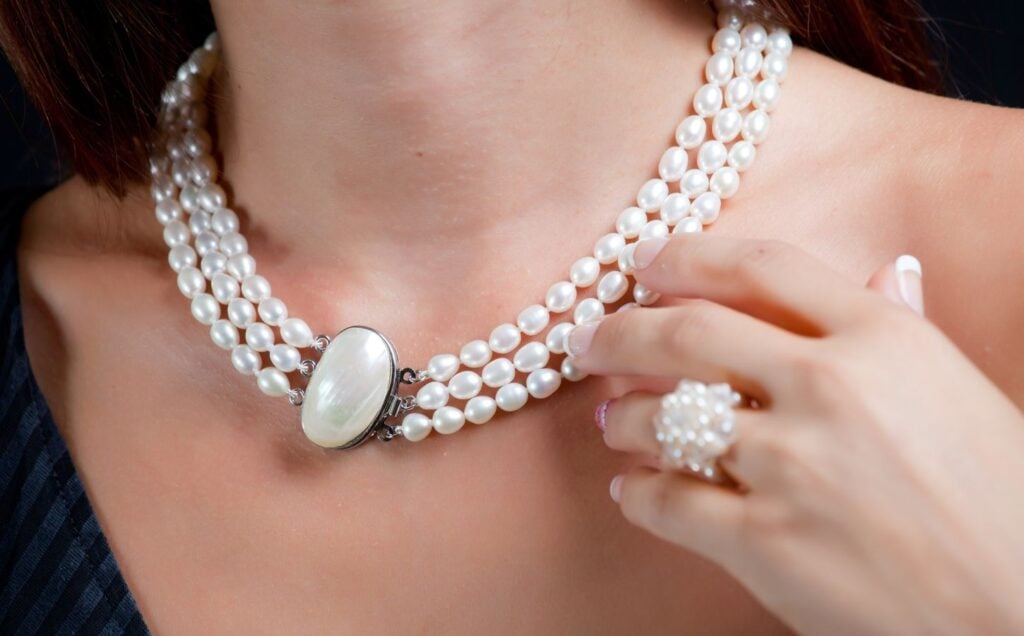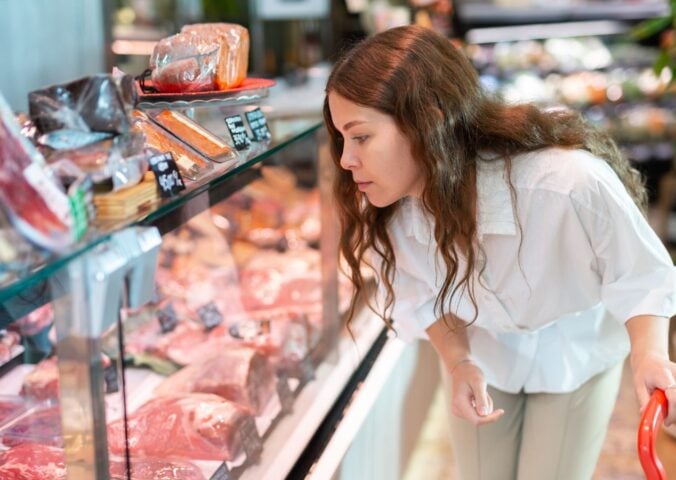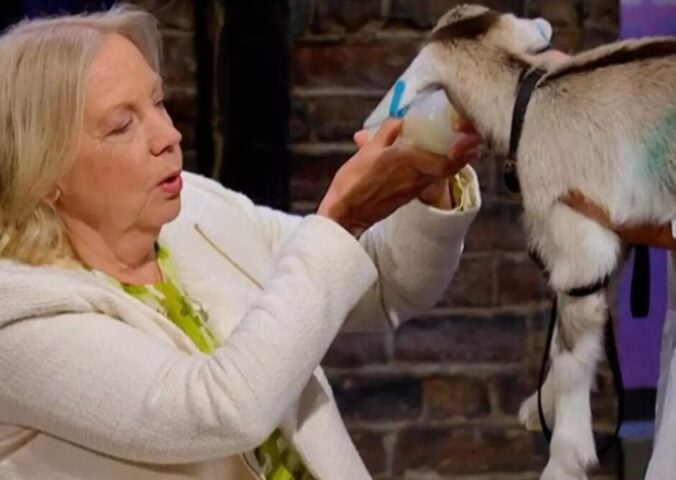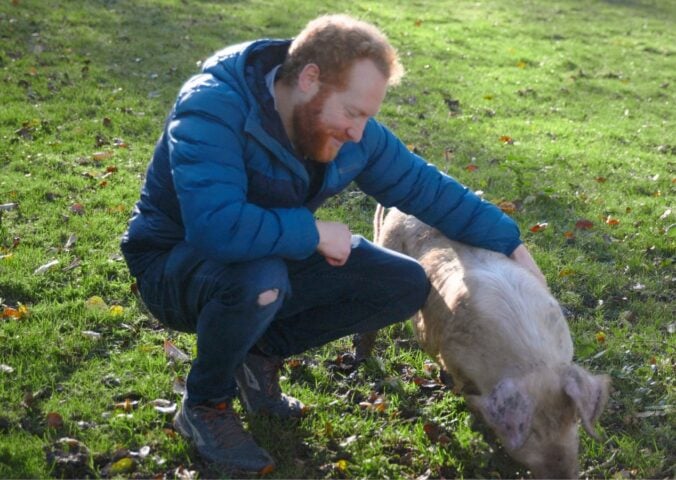Pearls are a key example of a product that many people have no idea are not vegan-friendly. The semi precious gemstones are used in earrings, bracelets, and necklaces by designers across the world. They may seem like an innocent part of any jewelry collection, but there’s a lot more to them and their production than many people think.
Pearl production is often regarded as cruel. The stones are a product of animal use and exploitation, meaning they are not considered compatible with a vegan lifestyle. Veganism is an all-encompassing philosophy that’s about more than just diet, and covers items we use and wear as well.
Here’s everything you need to know about pearls.
Are pearls vegan?
Wearing pearls isn’t considered to be vegan. This is because they come from oysters, meaning they are animal derived. A pearl is essentially an ulcer that forms on the oyster in response to an irritant. Typically, an irritant is placed inside an oyster’s shell by a human, which leads them to respond by coating it in a crystalline substance called nacre. It’s this substance that gives pearls their famous sheen.
Is pearl production cruel?
Many people believe that oysters aren’t sentient and are incapable of feeling fear and pain like us. So strong is this view, that even some prominent animal rights figures – like Peter Singer – have openly said they aren’t opposed to eating oysters.
It’s true that oysters lack a brain and central nervous system. This may mean, therefore, that they do not feel feelings in the same way as humans, pigs, fish, and other animals considered to be sentient. It does not necessarily mean, however, that they lack the capacity to feel. We don’t know that a different physiology means a lack of sentience – it may be that they experience feelings beyond our understanding.
How pearls are made
The way oysters respond during the pearl production process indicates that they may have the capacity to feel something resembling pain and fear. The pearl industry has created a process called “cultivating” pears, which sees farmers pry open the shell and manually insert an irritant. Oysters can be observed appearing to hide inside their shells when they sense danger. They also snap them shut tightly when disturbed by touch or loud noises. These may be natural reflexes, however.
Farmers will also often suspend the oysters in a cage and subject them to different water temperatures. This is so they can get the desired shape and consistency of the pearl. The oysters will then be pried open once more so they can have their pearl taken from them.
Many oysters will then be thrown into the water so they can repeat the pearl cycle again. After they are no longer of use for pearl production, they will be killed for food.
Can you buy vegan pearls?
While pearls derived from oysters are not vegan, it is possible to buy pearl-like products made from glass, plastic, or other materials. Vivienne Westwood is one brand that creates some necklaces made with glass-based pearls (though you should always double-check before buying, as some are animal-derived). Many vegans designers incorporate plant-based pearls in their collections, including Vellva.





